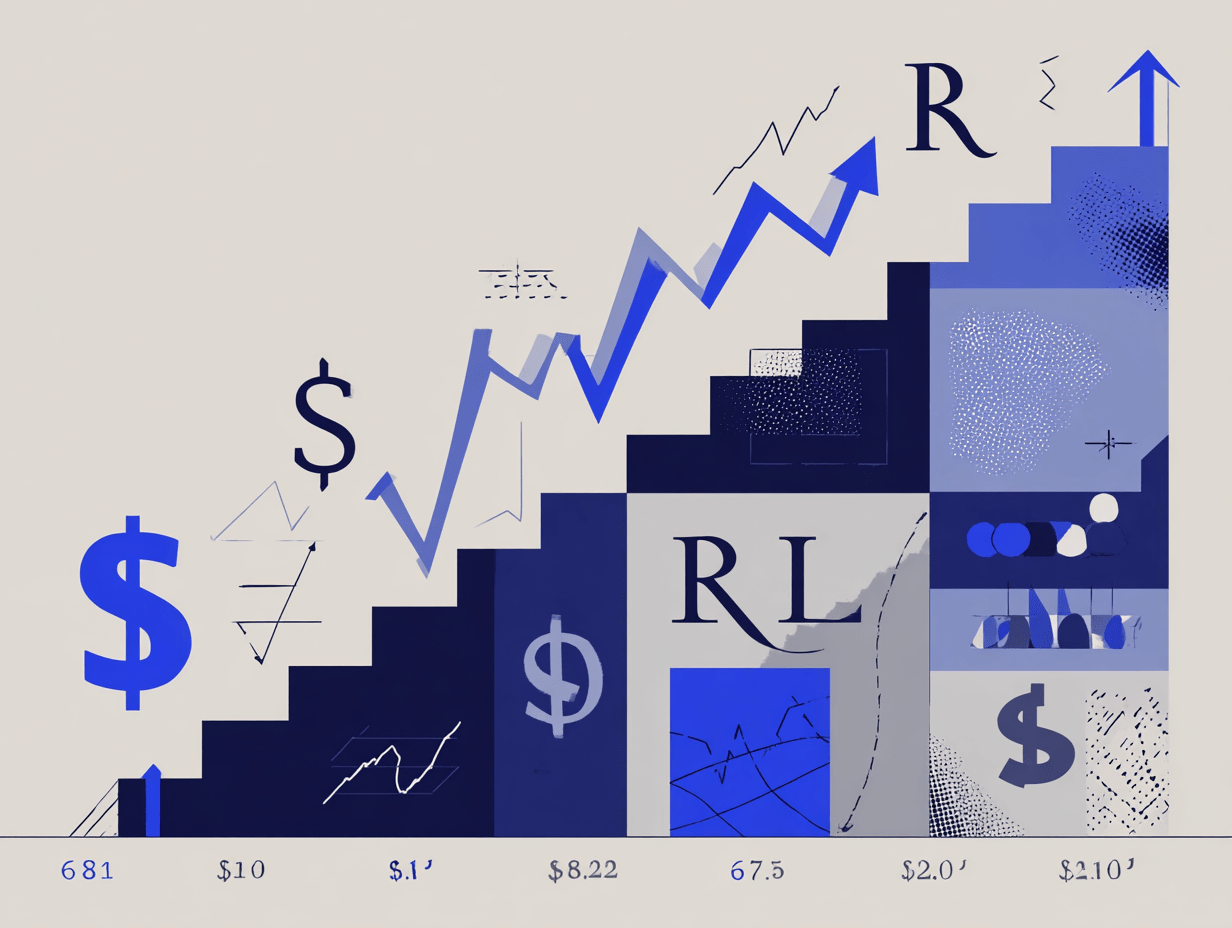Why Voters Matter More Than Markets
American consumers’ anger over tariff-driven price increases now shapes the Trump administration’s choices more than Wall Street’s reactions. A commentary by Lorenzo Bini Smaghi

For months, commentators have wondered what might finally induce Donald Trump to reverse course on what the Wall Street Journal named “the dumbest trade war in history.” The answer has now become clear: voters.
Some had initially assumed that Trump would backtrack only in the face of financial-market turmoil. But markets have spent recent months responding to a far broader set of expectations. After the sharp drop that followed “Liberation Day” in early April, Wall Street recovered quickly, buoyed by the technology sector and by prospects of lower interest rates.
Only after November’s elections did signs of a turn in sentiment emerge. The Republican setbacks — in New York, New Jersey, Virginia and California — revealed that the rising cost of living has become a central concern for American households, who largely blame the new administration.
The net approval rating (the difference between favourable and unfavourable views) of the administration’s economic policy has fallen by more than ten points since early April, sinking to -12.
The administration’s response was swift.
Rising retail prices for imported goods such as coffee, bananas, meat and a wide range of agricultural products prompted a reversal on the so-called “reciprocal” tariffs previously imposed on nearly all countries exporting to the US. Roughly one hundred products have now been exempted.
In so doing, the administration has de facto acknowledged that tariffs are paid by Americans, not foreigners — contrary to earlier claims. Tariffs push prices higher, hitting lower-income households hardest.
Nor do they trigger the touted shift in demand toward American-made products — not least because the US does not produce bananas or coffee.
Yet the U-turn raises both economic and political issues.
Lower tariffs mean reduced fiscal revenues to finance the subsidies granted to major technology companies under the budget bill — the Big Beautiful Bill — passed last July. The administration moved quickly to raise other tariffs, especially on aluminium and steel, to offset the shortfall.
But these new tariffs fall on intermediate goods that are essential to the production of consumer products such as cars, potentially causing those prices to rise as well.
And there is no guarantee that the new tariffs will fully compensate for the revenue lost through the recent exemptions.
As a result, the federal deficit is likely to grow even more in the coming years, rendering America’s debt burden even less sustainable.
Compounding this, Trump immediately promised a $2,000 payment to every American family following the electoral setback.
A political problem also looms.
The introduction of new tariffs to replace those just reduced underscores that the primary purpose of these measures is not national security or the protection of strategic industries, as the administration had claimed, but simply revenue-raising.
This distinction matters. The president does not have the unilateral authority to impose taxes without congressional approval. He may act alone only in matters of foreign policy and national security.
The key question is therefore whether tariffs can be legally classified as national-security measures, or whether they are in fact fiscal instruments. The US Supreme Court will decide, following a challenge brought by several lawmakers against the tariffs imposed in recent months.
At stake is a core principle of modern democracies: no taxation without representation. If Americans are the ones who pay the tariffs, just as they pay any other tax, then it is their representatives — the legislature, not the executive — who must decide.
The post-election exemptions on certain products, coupled with new tariffs on others, make it all the harder to argue that these measures fall under the umbrella of national security and therefore within the president’s exclusive powers.
Should the Court adopt this view, the United States would enter a new period of heightened uncertainty.
A first version of this article was published in the Italian daily Il Foglio
IEP@BU does not express opinions of its own. The opinions expressed in this publication are those of the authors. Any errors or omissions are the responsibility of the authors.
